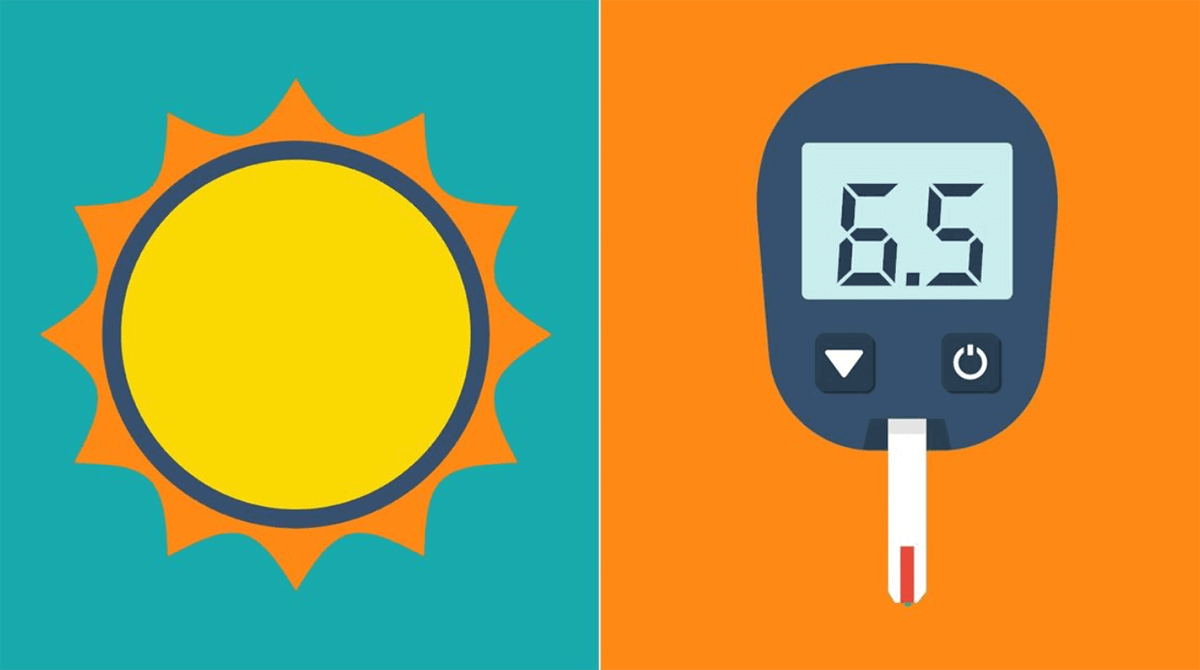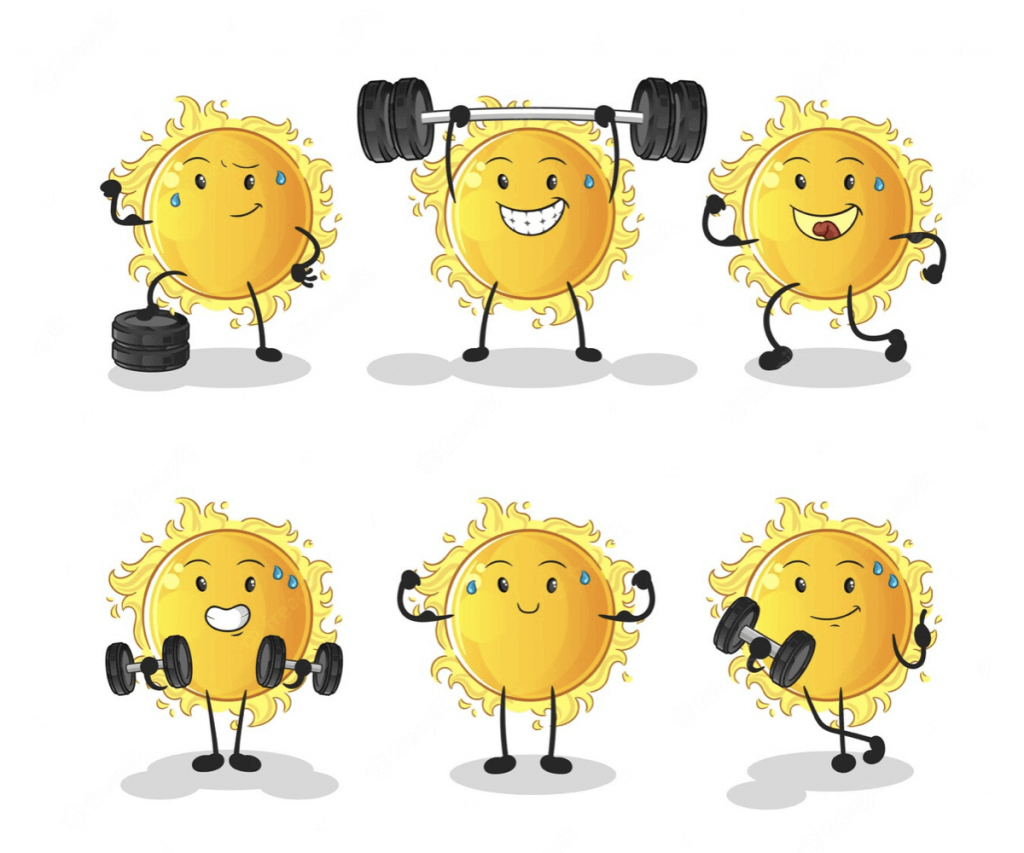
4 Trusted Tips to Beat Diabetes in the Heat
While it’s important to go outside and enjoy the weather, the heat can also affect our health and well-being – especially for people with diabetes.
Whether you’re gardening in the front yard or making a day trip to an amusement park, these tips will help you beat the heat so you can relax and enjoy the summer fun.
1. Defeat Dehydration
No matter who you are, you run the risk of losing too much fluid in the heat due to sweating. But when you have diabetes, you also lose body fluid through frequent urination when blood sugar levels run too high. Additionally, some diabetes drugs, such as Jardiance, Farxiga, and Invokana, can increase the risk of a person becoming dehydrated.
2. Manage Your Medications
Heat is known to affect diabetes medications and testing supplies. According to the Mayo Clinic, excess heat causes insulin to harden, which prevents it from working properly. Glucose meters may also malfunction when placed in extreme temperatures.

3. Watch Your Workout Timing
Working out in the middle of the afternoon may not be the best idea during the steamy summer months. Exercising in the hottest parts of the day, typically from 2 pm – 4 pm, can make you more prone to dehydration and heat-related illness.
4. Educate Yourself on Emergency Signs
During the summer months, heat exhaustion and heat stroke are two of the most common weather-related emergencies. Heat exhaustion occurs when your body gets overheated from too much activity or exposure to a hot environment. If left untreated, heat exhaustion can lead to heatstroke. Heatstroke occurs when the body can no longer regulate its temperature and is considered a life-threatening condition.
- High body temperature
- Confusion
- Fainting
- Pale skin
- Rapid pulse
- Rapid breathing
- Muscle cramps
- Nausea and vomiting
If you or a loved one experience any of these symptoms, be sure to remove them from the hot environment as soon as possible. You can cool the person down by giving them cool fluids, removing hot and restrictive clothing, and providing them with cold towels/ice packs. Cold tubs of water, cold showers, or even a garden house can be used to cool them down. If symptoms persist, seek medical attention immediately.
Summary Spending time in the sun during the summer months is a great way to stay active and enjoy time with friends and family outside. If you follow the above tips, you’ll be able to embrace the sun while also controlling your diabetes. What do you do to stay healthy in the heat? Tell us in the comments below!
Disclaimer: Any information provided is not intended as medical advice. Iowa Diabetes is not responsible for any information from third parties.





